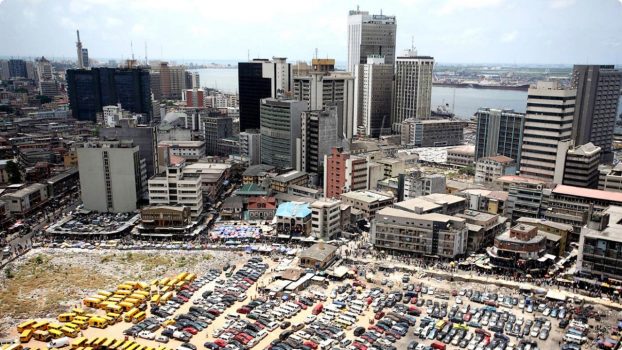 Nigeria’s economic growth beat forecasts in the fourth quarter, helping its economy to expand the most in four years in 2019 as oil output increased and the Central Bank took steps to boost credit growth. The GDP of Nigeria stood at $476 billion or $402 billion, depending on the rate used.
Nigeria’s economic growth beat forecasts in the fourth quarter, helping its economy to expand the most in four years in 2019 as oil output increased and the Central Bank took steps to boost credit growth. The GDP of Nigeria stood at $476 billion or $402 billion, depending on the rate used.
The story was different for South Africa which slumped into a second recession in consecutive years, contracting more than projected in the fourth quarter as power cuts weighed on output and business confidence.
South Africa’s full year expansion was 0.2%, the least since the global financial crisis. Based on an average rand-dollar exchange rate of 14.43 for the year, GDP was $352 billion.
Projections show Nigeria’s economy will continue to grow faster than South Africa’s. While the International Monetary Fund cut its forecast for Nigeria’s 2020 growth to 2% from 2.5% last month, due to lower oil prices, South Africa’s GDP is forecast to expand only by 0.8%.

NNPC Ltd Enters Final Stages Of Preparation For Public Listing
Dangote Refinery Halts Naira Sales, Cites Dollar-Denominated Crude Costs
Court Orders Arraignment Of Ex-First Bank Executives Over Alleged ₦12.3Bn Fraud
Renaissance Energy Completes Landmark Acquisition Of SPDC